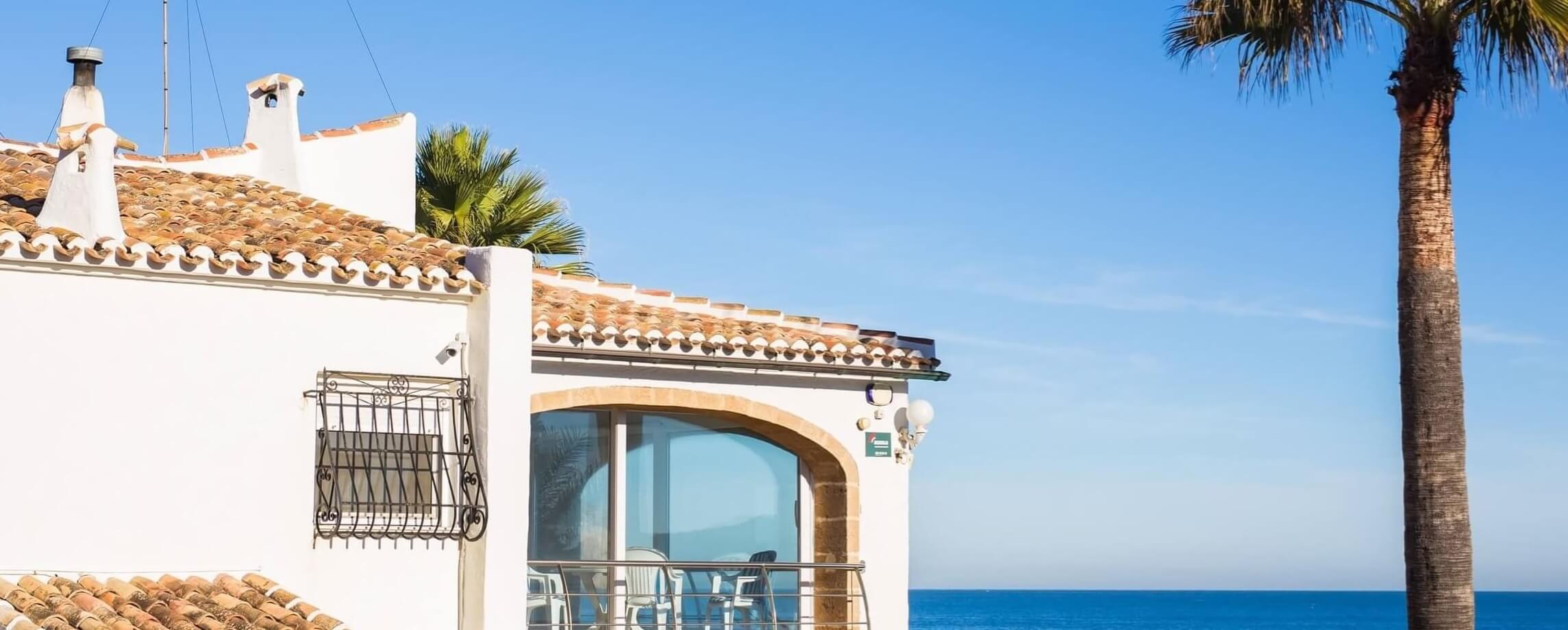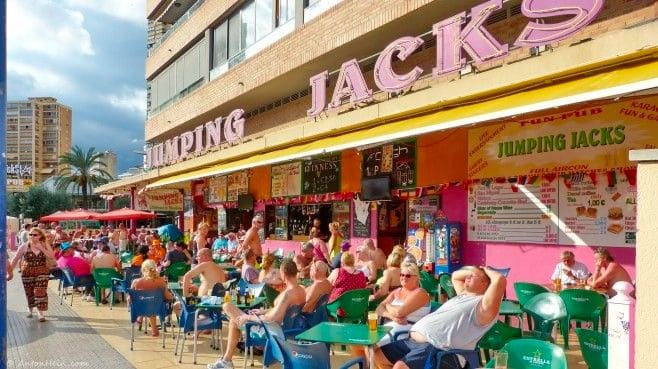If you are considering buying an old building in need of renovation, it could be a worthwhile project, but we suggest you proceed with caution. Often old or ruined buildings can be purchased very cheaply as Spanish locals tend to prefer more modern apartments or villas. The downside of renovating such properties is the value the property after the work has been done is unlikely to reflect the time and money spent on it.
Having said that, local builders will often work at a reasonable rate, so if you have your heart set on a project and think you will enjoy the process, then why not go for it – just do plenty of research beforehand and make sure you are aware of the costs involved.
Renovation costs
Get estimates for the work required from several builders before proceeding with the purchase and add a contingency of at least 10% to the quotes you receive as it is usual for costs (and time frames) to escalate.
If you will be making renovations or alterations to the outside of a building you will have to get planning permission from the town hall along with a building permit (licencia de obra) that corresponds with the type of building work you’ll be doing. Once you give them the details, the town hall will tell you how much tax is payable to do the renovations. This is usually around 2-7% of the cost of a project. If you plan on doing large scale renovations, be aware that you need to report this or risk a large capital gains tax bill when you sell the property.
If you will not able to supervise the work yourself, it is advised you hire an architectural engineer, or a similar professional to oversee the project. This will help stop it from dragging on forever, or even worse, remain incomplete. Hiring such a person will likely cost around 10% more but is definitely a worthwhile investment.
Planning permission on land
Land in Spain is be categorised as urbano or rustico. Urbano plots are designated for development, but rustico land is not. That does not mean it is impossible to obtain permission to build on rustic land, but it could prove to be more trouble than it is worth. The decision to grant planning permission lies with the local town hall.
The town hall will issue you with a Town Planning Certificate, cédula urbanística, or certificado urbanistico, which states the building’s intended use and the type of construction allowed, and also what percentage of the plot can be built on. Before applying for planning permission, look at the nearby buildings to check standard building heights, colours, and styles, as you will be expected to stay in line with the existing constructions.
Top Tip
It is always worth asking a dual-language solicitor to advise you in matters of planning permission before approaching local builders and tradespeople.






